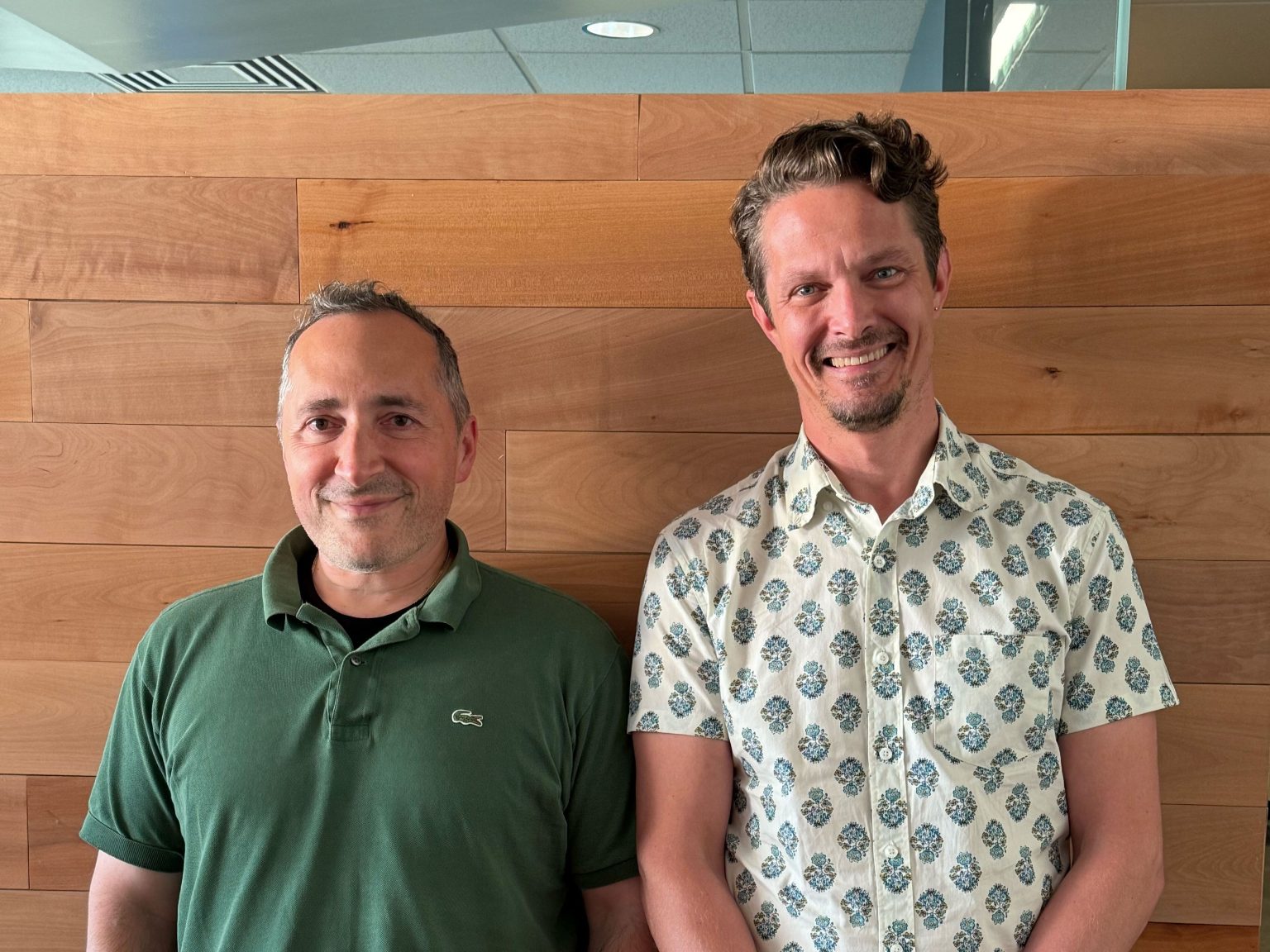NewDays: Using AI to Fight Dementia with Empathy and Innovation
Seattle-based startup NewDays is pioneering a new approach to treating mild dementia by combining traditional telehealth with cutting-edge AI therapy. The company recently secured an additional $4.5 million in funding, bringing their total seed funding to $11.5 million as confirmed in a recent regulatory filing spotted by GeekWire. This significant investment highlights growing confidence in their unique treatment model that pairs monthly clinician telehealth visits with regular, personalized conversations with an AI companion called Sunny. The AI delivers specific therapeutic interventions including cognitive stimulation, training, and rehabilitation – all designed to help those experiencing early cognitive decline.
Behind this innovative approach are co-founders Babak Parviz and Daniel Kelly, whose impressive tech backgrounds inform NewDays’ mission. Parviz, who serves as CEO, previously led Amazon’s ambitious Grand Challenge initiative that explored new operational territories, and before that, he headed the Google Glass team at Google X. Kelly, the company’s Chief Innovation Officer, brings his experience from engineering leadership roles at both Amazon and Google X. Their combined expertise in cutting-edge technology and product development provides NewDays with a unique foundation for tackling the complex challenge of cognitive health. The fresh funding will allow the company to further enhance their AI technology and accelerate growth as they work to reach more patients in need.
The company’s business model balances accessibility with sustainability through a $99 monthly subscription fee, while also accepting health insurance to make their treatment more widely available. While NewDays confirms they are generating revenue, they haven’t yet disclosed specific customer numbers, suggesting they’re still in the early stages of market penetration. The startup has attracted support from prestigious venture capital firms including Seattle’s Madrona Venture Group and San Francisco’s General Catalyst, reflecting strong belief in both the company’s technical approach and the enormous market potential for effective dementia interventions. This vote of confidence from established investors provides NewDays with not just capital, but valuable connections and guidance as they navigate the complex healthcare technology landscape.
In a recent appearance on the “Founded & Funded” podcast with Madrona Managing Director Tim Porter, Parviz and Kelly shared insights into their motivation for launching NewDays. “There was a massive unmet need, and there was a radically new technology available that could bring medically proven interventions to a large number of people,” explained Parviz, highlighting the perfect timing of their venture. The conversation revealed how the co-founders are leveraging their experience at tech giants like Amazon and Google to pursue what they call “meaningful velocity” – moving quickly not simply for the sake of innovation, but to create tangible improvements in people’s lives affected by cognitive decline. This philosophy reflects a thoughtful approach that respects both the urgency of addressing dementia and the care required when developing health-focused technology.
What makes NewDays particularly intriguing is how it represents the convergence of several important trends: the rising prevalence of dementia as populations age, the increasing acceptance of telehealth following the COVID-19 pandemic, and the rapid advancement of generative AI capabilities. Their AI companion Sunny serves as more than just a technological novelty – it’s designed to deliver evidence-based therapeutic interventions with a consistency and frequency that would be difficult to achieve through human providers alone. By blending scientific rigor with human empathy, NewDays is attempting to create a scalable solution that can reach the millions of people experiencing mild cognitive impairment who might otherwise lack access to regular therapeutic support. This approach recognizes that effective dementia care requires both medical expertise and constant, personalized engagement.
The challenge facing NewDays now will be demonstrating measurable outcomes and convincing both patients and healthcare providers that AI-assisted therapy can effectively slow cognitive decline. While the company’s leadership brings impressive technological credentials, their success will ultimately depend on building trust within the healthcare ecosystem and showing that their innovative approach delivers real benefits to those experiencing cognitive challenges. If successful, NewDays could represent a significant breakthrough in how we approach dementia care – making effective interventions more accessible, personalized, and engaging through the thoughtful application of artificial intelligence. In a field where treatment options have been frustratingly limited, the company’s fresh approach offers new hope for millions of patients and their families searching for ways to preserve cognitive function and quality of life in the face of dementia.


